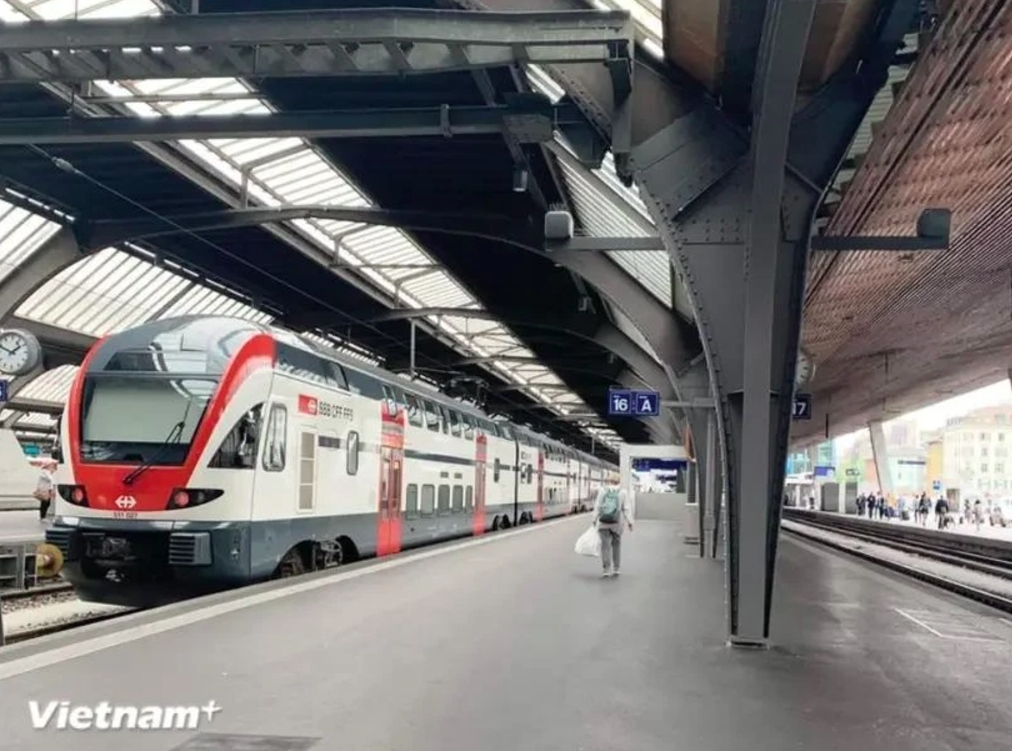Domestic firms seize opportunities to join North-South high-speed railway project
A seminar to discuss opportunities and challenges for Vietnamese businesses in joining the North-South high-speed railway project was held in Hanoi on November 19, attracting the participation of representatives from the Ministry of Transport and businesses.
Experts said that with the orientation of using public investment capital and less reliance on foreign countries, the project is expected to create unprecedented opportunities for Vietnamese enterprises.
Nguyen Quoc Hiep, chairman of the Vietnam Association of Construction Contractors, noted that although the capabilities of Vietnamese enterprises have been improved remarkably, the project poses significant technological requirements.
Vietnamese contractors should be aware of these challenges, and learn and adopt cutting-edge technologies to serve the implementation, he noted.
Dao Ngoc Vinh, general director of Transport Engineering Design Inc (TEDI), highlighted the complexity of railway systems, which operate as integrated networks comprising multiple components such as infrastructure, signaling, equipment, and power supply, requiring meticulous planning and calculation.
The most crucial factor is precision in construction, with no room for errors in quality control, he stressed.
Delegates said the lack of collaboration among Vietnamese enterprises is a critical issue that needs to be addressed promptly, noting that if they fail to proactively collaborate and invest in state-of-the-art technology, they would miss the opportunity.
Business representatives also emphasised the need for policy preparations to help domestic firms enhance their capabilities, thus seizing the opportunity effectively.
General Director of Deo Ca Group Nguyen Quang Huy underlined the urgency of establishing a legal framework for implementing this great project, especially issuing standards related to survey, design, acceptance, payment, and construction with the involvement of scientists and contractors.
Vu Hong Phuong, director of the Railway Project Management Board under the Ministry of Transport, revealed that 19 groups of special mechanisms related to the project are currently under review, and the ministry is continuing to scrutinise and refine them to ensure their suitability.
He affirmed that the Party and government’s view is to prioritise domestic enterprises in all sectors, from consulting, construction, and installation to material production and railway-related industries.
The North-South high-speed railway project is the largest of its kind to date, with an estimated investment capital of approximately US$67.34 billion. This level of investment will impact economic growth throughout the construction process. According to preliminary assessments, if this amount is disbursed from now to 2035, the country's GDP will increase by approximately 0.97%.
The project will have direct impacts on 7-8 economic sectors, including construction; support industries, particularly those supplying construction materials; services; and urban development. It also features urban areas attached to each station, serving as a catalyst for economic growth and urbanisation.
It is also poised to drive growth in the transportation sector, aiming to modernise the transportation system and enhance revenue, productivity, and service capacity.


